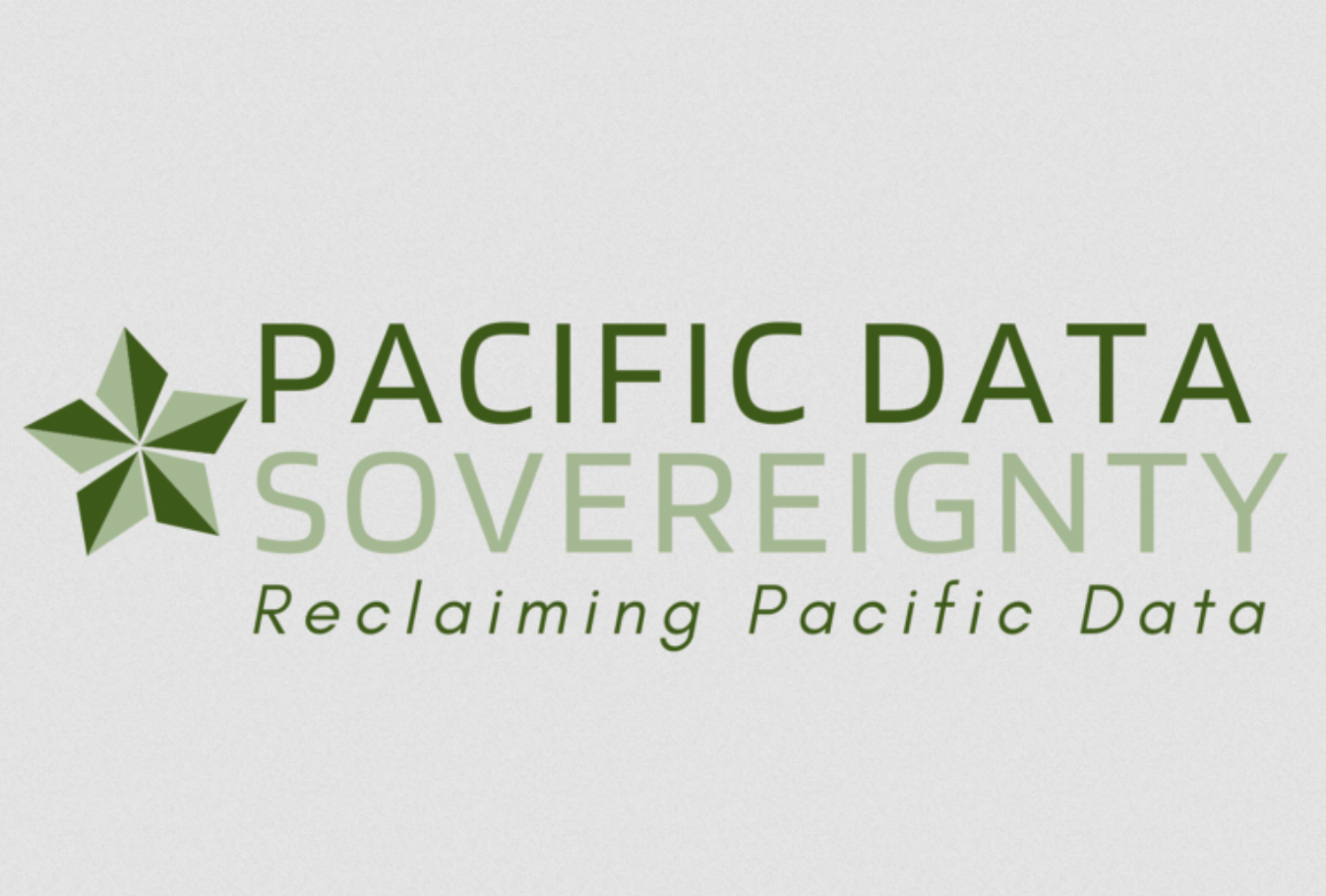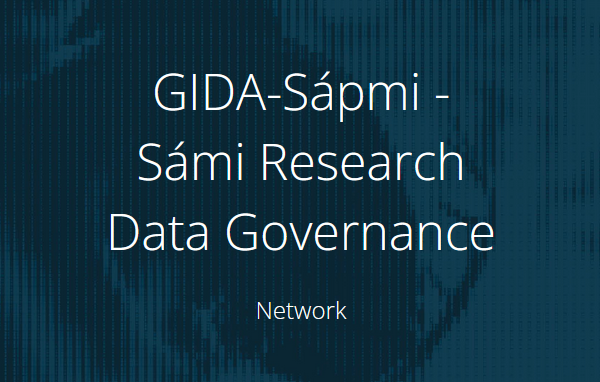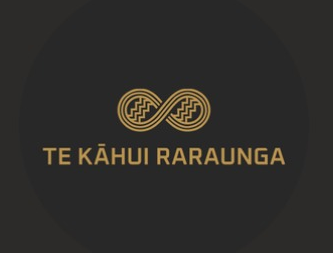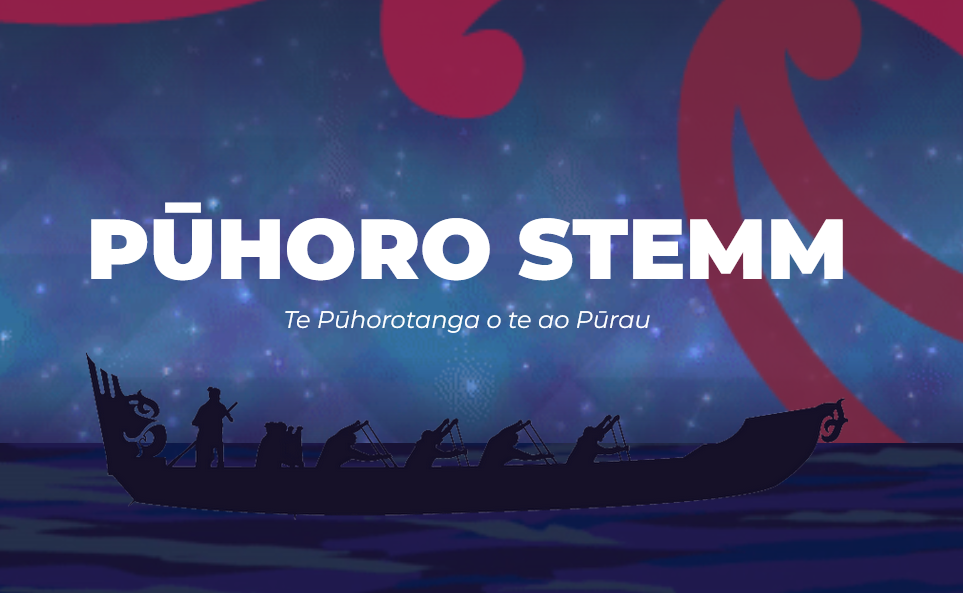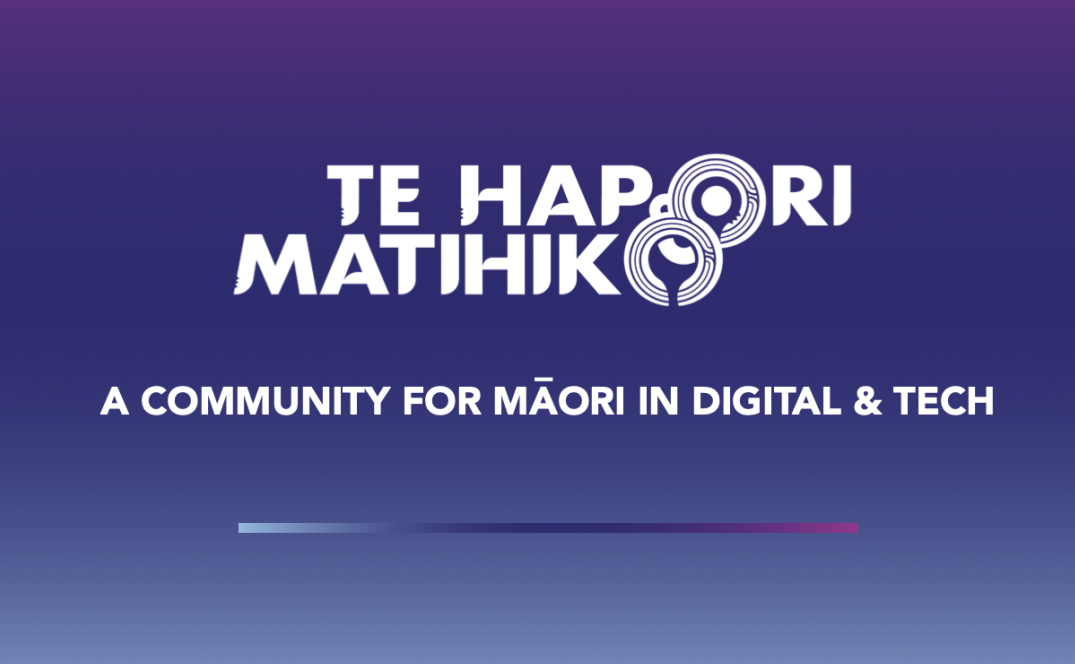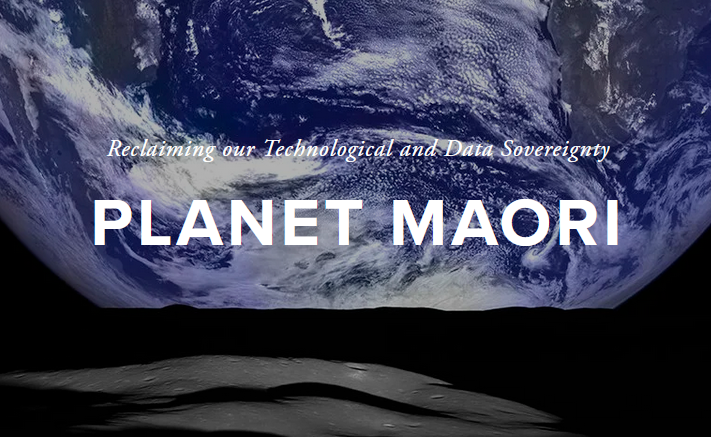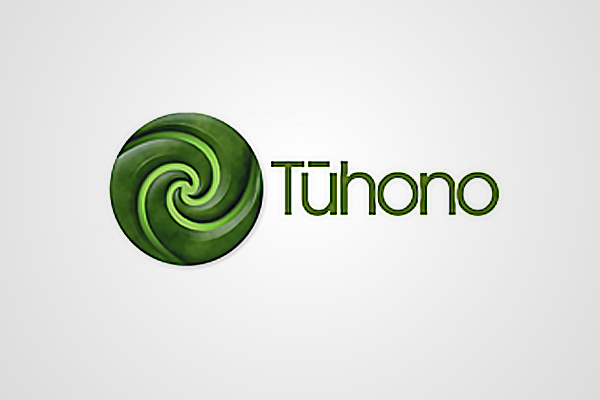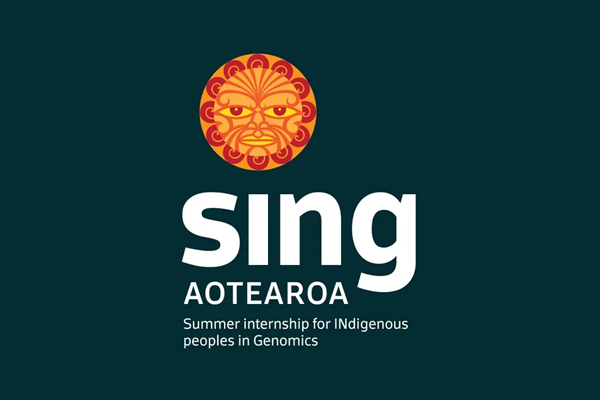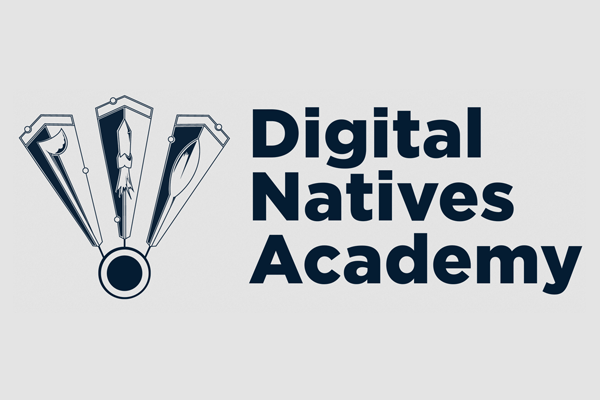“The effort ... to theorise and conceptualise data sovereignty and its links to the realisation of the rights of indigenous peoples is pioneering and laudable”
Indigenous Data Sovereignty Networks
The Global Indigenous Data Alliance is an international network for the sovereignty of data that connects different groups of indigenous peoples. GIDA’s purpose involves:
Advancing Indigenous Data Sovereignty and Governance
Asserting Indigenous Peoples rights and interests in data
Advocating for data for the self-determined wellbeing of Indigenous Peoples
Reinforcing the rights to engage in decision-making in accordance with Indigenous values and collective interests
GIDA has previously worked on important data projects such as the Care Principles For Indigenous Data Governance, an helpful guide for the values relating to indigenous data governance.
The Pacific Data Sovereignty Network (PDSN) was established on the 29th of November 2019 during an inaugural Seminar held in Manukau, Auckland.
This group aims to establish a unified voice and collective guardianship and advocacy of data and information about Pacific peoples living in New Zealand. Essentially, nothing is about Pacific peoples without Pacific peoples.
The PDSN is led by a Committee consisting of independent representatives from across the Pacific network and ex-officio members representing government agencies such as the Ministry for Pacific Peoples and Statistics New Zealand. Moana Connect serves the PDSN as the secretariat.
The Maiam nayri Wingara Aboriginal and Torres Strait Islander Data Sovereignty Collective was formed in early 2017 in order to develop Aboriginal and Torres Strait Islander data sovereignty principles and to identify Aboriginal and Torres Strait Islander strategic data assets. The intent of Maiam nayri Wingara is to empower Aboriginal and Torres Strait Islanders to engage in Indigenous Data Sovereignty and to advocate for rights (informed by UNDRIP) using data to inform development.
The United States Indigenous Data Sovereignty Network (USIDSN) helps ensure that data for and about Indigenous nations and peoples in the US (American Indians, Alaska Natives, and Native Hawaiians) are utilized to advance Indigenous aspirations for collective and individual wellbeing.
USIDSN’s primary function is to provide research information and policy advocacy to safeguard the rights and promote the interests of Indigenous nations and peoples in relation to data.
FNIGC is committed to providing quality information that contributes to improving the health and well-being of First Nations people in Canada.
Ultimately, FNIGC is a tool that rights-holding First Nations can use, via our governance, to assert sovereignty over their data and information.
GIDA-Sápmi is a network established to develop guiding principles of collection, management, use, sharing, and protection of research data generated by or about the Sámi people and Sámi society.
Connected to the global network, the GIDA-Sápmi network was founded in June 2021 with members from various universities, memory institutions, and archives in Norway, Sweden, and Finland. The objectives of GIDA-Sápmi include:
To promote, adapt, and operationalise the CARE principles to the Nordic Sámi context;
To make the Nordic research community, memory and archival institutions aware of the Indigenous CARE principles; and
To advance the discussion on Sámi data governance principles. The GIDA-Sápmi network is committed to strengthen Sámi data governance and Sámi research data for the needs of contemporary Sámi society.
Māori data, technology & educational organisations
Te Kāhui Raraunga
Te Kāhui Raraunga (TKR) was established in 2019 to lead the action required to realise the advocacy of the Data Iwi Leaders Group (Data ILG).
Pūhoro STEMM Academy
The Pūhoro STEMM Academy programme seeks to accelerate Māori student achievement in preparation for university study and eventually the workforce. They offer a range of programmes, internships, and scholarships.
Te Hapori Matihiko
Te Hapori Matihiko is a global community for Māori working, or aspiring to work in the digital or tech industries.They provide advocacy, connection and cultural support; empowering whānau Māori to show up authentically and celebrate ourselves as leaders in Te Ao Matihiko.
Kanapu
Kanapu is a Ngā Pae o te Māramatanga initiative designed by Māori, for Māori to ignite talent and leadership across Rangahau, Research, Science, Innovation & Technology (RRSIT). Kanapu aims to provide support to Māori who aspire to, or may already operate in this sector, whether it be on marae, within hapū and iwi mahi, or throughout our hapori (community) in the cities.
Planet Māori
Planet Māori aims to establish a world-class Māori Innovation and New Technology Sector in New Zealand, in order to provide technology leadership, expertise, guidance and assistance for Maori; to foster innovation and creativity that will advance Maori into competitive spaces; and to create opportunities for Maori to better realise their potential in the digital world
Te Tira Whakamātaki
Te Tira Whakamātaki is an independent Māori charity working across Aotearoa and the globe to enact our right to protect the taiao, our environment. They work with kaitiaki, tohunga, and hapori to ensure their voices and mātauranga (knowledge) are genuinely valued, provide timely information, and build capacity. They mobilise at place through research, education, engagement, and advocacy.
Tūhono Trust
Tūhono is an independent organisation for iwi and government agencies that assists with the use of Māori data to support iwi strategic goals through constant learning, collaboration and innovation that will result in improved outcomes for Māori. Tūhono was set up in 2004 to deliver the Māori Affiliation Service that is a role provided within the Electoral Act 1993. This act enables the Electoral Commission to share Māori enrolment details and iwi affiliation with a central Māori organisation (Tūhono) subject to individual consent, and for these details to be passed on to their affiliated iwi organisations.
SING Aotearoa
The SING Aotearoa programme is designed to develop indigenous understanding of genomics alongside some of the best researchers in New Zealand and the world. The keystone event is a week-long internship wānanga programme providing participants with knowledge and experience in wet-labs (biological samples, DNA), dry labs (computer analysis, biostatistics) and simulation labs (cultural and ethical scenarios).
Digital Natives Academy
Established in 2014, Digital Natives Academy is a kaupapa-driven, award-winning non-profit that exists to spark curiosity, grow imagination, and empower rangatahi to transform their lives, and the world around them. It exists to inspire the next generation of digital leaders. Their kaupapa, vision is built on three pou: design, culture, and impact. With a foundation in Te Ao Māori, the Māori world, and a focus on creative technology, we empower young people to shape meaningful futures, honouring their identity, uplifting their communities, and protecting this world we call home.



